How to Homeschool Successfully After Public School
Inside: Gain valuable insights and information to help make your move from public school to homeschooling successful. Download a PDF version of this blog post here.
My heart beat rapidly as I made the walk to the Administration building, my daughter’s sweaty little hand clasped in mine. I nervously approached the secretary at the front desk to deliver our intentions. Her raised eyebrows conveyed her skepticism at our decision.
Today was the day. We were unenrolling our daughter from public school to homeschooling.
It was a choice I never expected. And yet, here I was, feigning a confidence I didn’t feel as I gathered our daughter’s things from her classroom. Her teacher twitting around us like a bird asking how she could change our minds.

Starting Your Homeschooling Journey
Starting your homeschooling journey is the middle is a bit different than starting at the beginning.
I felt awkward and out of place among other homeschool moms. Moms who had never questioned this was what they were called to do. While kind, they could not relate to my struggles or quiet my fears.
Whether you are still considering homeschooling or have just pulled your child out of public school, here is the information I wish I had known.
Know Your State Homeschool Laws
When her son’s health struggles led to attendance problems at the local public school, a single mom in Mississippi decided her best option was to start homeschooling. That’s how she almost ended up in jail.
Dan Beasley, February 2019, HSLDA
Even though homeschooling is legal in all fifty states, many school districts are still in the dark regarding their states homeschool laws. The above story is one example.
In order to protect yourself and your child, know your state’s laws before withdrawing.
The very best place to get this information is HSLDA. HSLDA stands for the Homeschool Legal Defense Association. Aside from being able to find homeschool laws from all fifty states, they also have resources to help as you move from public school to homeschooling.
If you live in a state with stricter regulations I would recommend signing up for a membership. This provides you with free legal counsel in addition to other benefits, such as personalized answers from an educational consultant.
Your state homeschool organization is another place to look for help. They may also have an idea about how homeschool-friendly your specific area is.
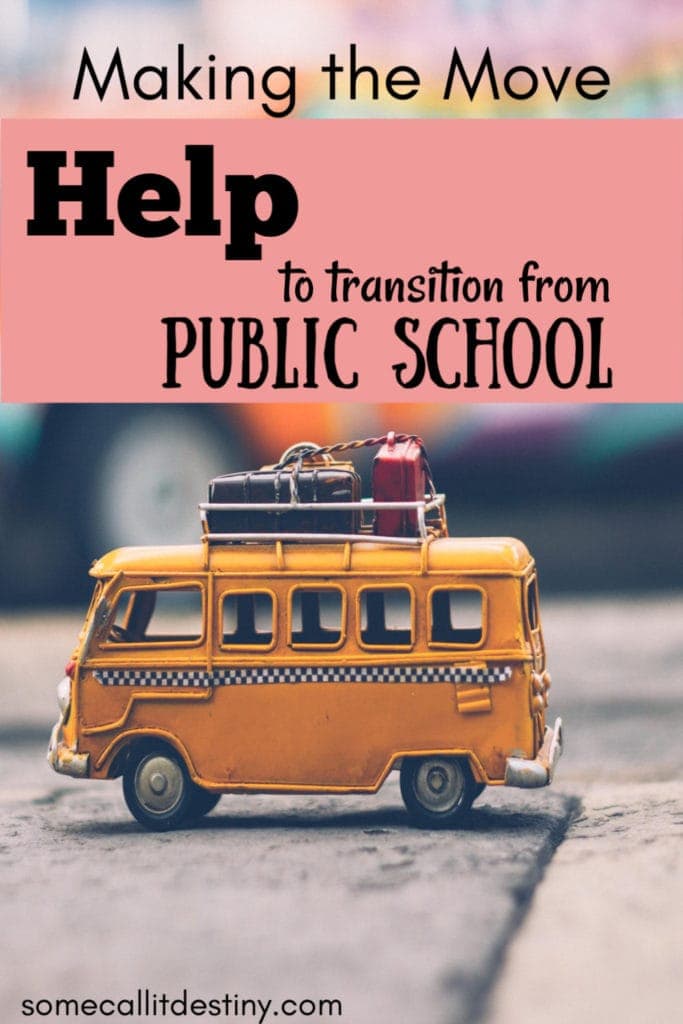
Plan for an Adjustment Period–Deschooling
Once you have met the legal requirements for transitioning from public school to homeschooling, where do you start? While you may be tempted to jump right in, buy a little school desk, some sweet curriculum, and a World’s Best Teacher mug, resist. Except for the mug–go ahead and pick that up.

Homeschooling is an entirely different approach to education. Both you and your child will need time to overcome the public school mindset.
The longer your child was in public school, the longer this adjustment period will take. Even if your child hated public school, they will need time to adjust. In the homeschooling community, you will often hear this being referred to as deschooling.
Just what is deschooling?
With tears of frustration in my oldest daughter’s eyes, I threw my hands up and asked her what she was expecting.
“I want you to stand in front of the schoolroom and tell me all the things I need to know to answer the questions!”
After eight years in the public school system, she wanted me to mimic the only formal teaching she had known.
Deschooling is essentially the time that is taken to move beyond the public school culture as the norm.
The longer your child was in public school, the longer this may take.
I suggest taking one week for every year your child was in public school. Some will suggest taking one month for every year, but that’s a lot less feasible when you are starting with an older child.
Deschooling also gives time for other adjustments that come when your routine changes.
You know that feeling at the end of a school break? Where you’ve depleted your secret chocolate stash, your eye has a permanent twitch, and you wish you really could sell your kids to gypsies? This will happen when you first begin, but it does get better.
You will adjust to being together all the time. Even bickering from siblings will improve as time goes on.
Deschooling will also allow them to learn how to be bored and entertain themselves. Your child is used to having every minute scheduled. Be prepared to take many cleansing breaths as they state for the umpteenth million time that they are bored. I suggest having a list of chores on hand.
What Deschooling is Not
Deschooling does not mean your child is doing nothing. If they have lost their love of learning, find something they like and encourage them to learn more about it. Have them read or listen to audio books of their choosing. Educational field trips are another great option.
Research Educational Philosophies
While you are deschooling is a great time to research the different educational philosophies if you haven’t already. The most popular in the homeschooling community are:
Charlotte Mason Method
Classical Education
Thomas Jefferson Education
Unschooling
Relaxed Homeschooling
Montessori
Waldorf
Each method has its pros and cons.
When deciding which one would fit best with your family, be honest. I love the Classical Education method. In practice, it was not the best fit for our family. But parts of it were okay. We flow better with Charlotte Mason, even though it wasn’t my “first pick.”
Adapt whichever one you like best to what will work with your family and lifestyle.
Choose a Homeschool Curriculum
Math-U-See, Saxon Math, Singapore Math, Life of Fred . . . my eyes glazed as the list my friend recited went on and on. I had no idea there were so many options to choose from.
In every subject.
Choosing a curriculum is an intimidating task.
Narrow Down the Choices
Having an educational philosophy in mind is helpful in narrowing down the field of choices.
For example, popular books such as The Well-Trained Mind: A Guide to Classical Education at Home, give suggestions for what curriculum works well for each year. Likewise, Ambleside Online has everything laid out for a Charlotte Mason education. Both books are a great jumping-off point.
Word to the wise: Trying to implement everything from either The Well-Trained Mind or Ambleside right off the bat will leave you ready to pull your hair out and throw in the towel. Read through them for suggestions, then implement only a few at first. You can add more later.
Determine Your Child’s Learning Style
Next, you want to determine your child’s learning style. Do you have a visual, audio, or kinesthetic learner? Look for curriculum within your desired area that will best fit your child’s learning style.
Don’t know your child’s learning style? Have them take this assessment to find out.
Read Curriculum Reviews
Even having narrowed it down by educational philosophy and learning style there are still myriad choices out there.
Once you’ve narrowed it down to a few choices, look for reviews on those curricula.
Cathy Duffy’s book 102 Top Picks for Homeschool Curriculum is a popular choice. She reviews the most common curriculum and is a good starting point to get a feel for what you might like.
The Homeschool Review Crew would be my next suggestion. This is a group of homeschool moms who use the curriculum and then write how it worked for them. What is great about this is that the Crew is very diverse. This makes it easy to find another homeschool mom whose thinking or circumstances may be similar to your own giving you a better feel for how it may fit your family.
Attend a Homeschool Convention
My last suggestion for picking a curriculum is to attend a homeschool convention. Homeschool conventions are wonderful events. Not only will you be able to attend workshops to hear from different experts in the field, but the convention hall is full of vendors whose curriculum you can handle and ask questions about.
What if I Choose the Wrong Curriculum?

At the end, when it comes to curriculum, the best advice I received was this:
If you don’t love it, let it go.
Yes, curriculum is expensive. Yes, you may have put a lot of time and effort into choosing it. But, if it is not working for your family, making yourself “push through it” will only make you miserable.
Try to sell it or bless another family with it. Move on and get what works for you.
Find Your Homeschool Tribe
Having a homeschool mentor those first years was crucial to my success.
Veteran homeschool moms are a valuable resource and a well of information.
It is also nice for your child to have other kids to connect with.
Depending on the needs of your family and whether or not there are many homeschoolers near you will determine the difficulty in finding a group you connect with.
If you’ve decided to take an unschooling approach, you probably aren’t going to have much in common with your classical educators or vice versa. Similarly, there is a big difference between secular and religious homeschooling groups and not all are inclusive.

Here are some places to look when trying to find your tribe:
- Your state homeschool organization. Sometimes they will have a list of groups available on their website. The groups may or may not still be active, but it is a starting place.
- Online. Facebook is a great place to search for groups both locally and online. Some local groups may only get together for field trips which they organize through Facebook or they may have openings for co-op classes that they advertise. Join as many as you feel comfortable. If you have a hard time finding a local group, Facebook homeschooling groups can also meet your needs for support.
- Church. Sometimes churches will have a connection to a homeschooling group. Either because they have several families who homeschool or because a co-op uses their building to meet in.
- Local library or other child-centered business (such as a trampoline park). Many places of business will offer homeschooling days or hours. These typically take place during the regular school day when business would be slower so they offer a discount to homeschooling families. Call around to places you are interested in and see if they offer a homeschooling day. If they do, then use it to go meet other families who have children with similar interests.
Transitioning from public school to homeschooling is an adjustment, but it is one that can be a huge blessing to your family. What started out as a temporary solution to a problem for us has turned into a lifestyle we love. I hope these suggestions make the transition smoother so you can begin enjoying your homeschool journey together sooner.
Download a PDF version of this blog post.
I would be happy to answer any questions you have about the process. Join me on Facebook | Instagram | Pinterest | Twitter and be sure to sign up for my email list to stay in touch!
Schoolhouse Teachers is a great place to start for curriculum. They also have many resources for parents.



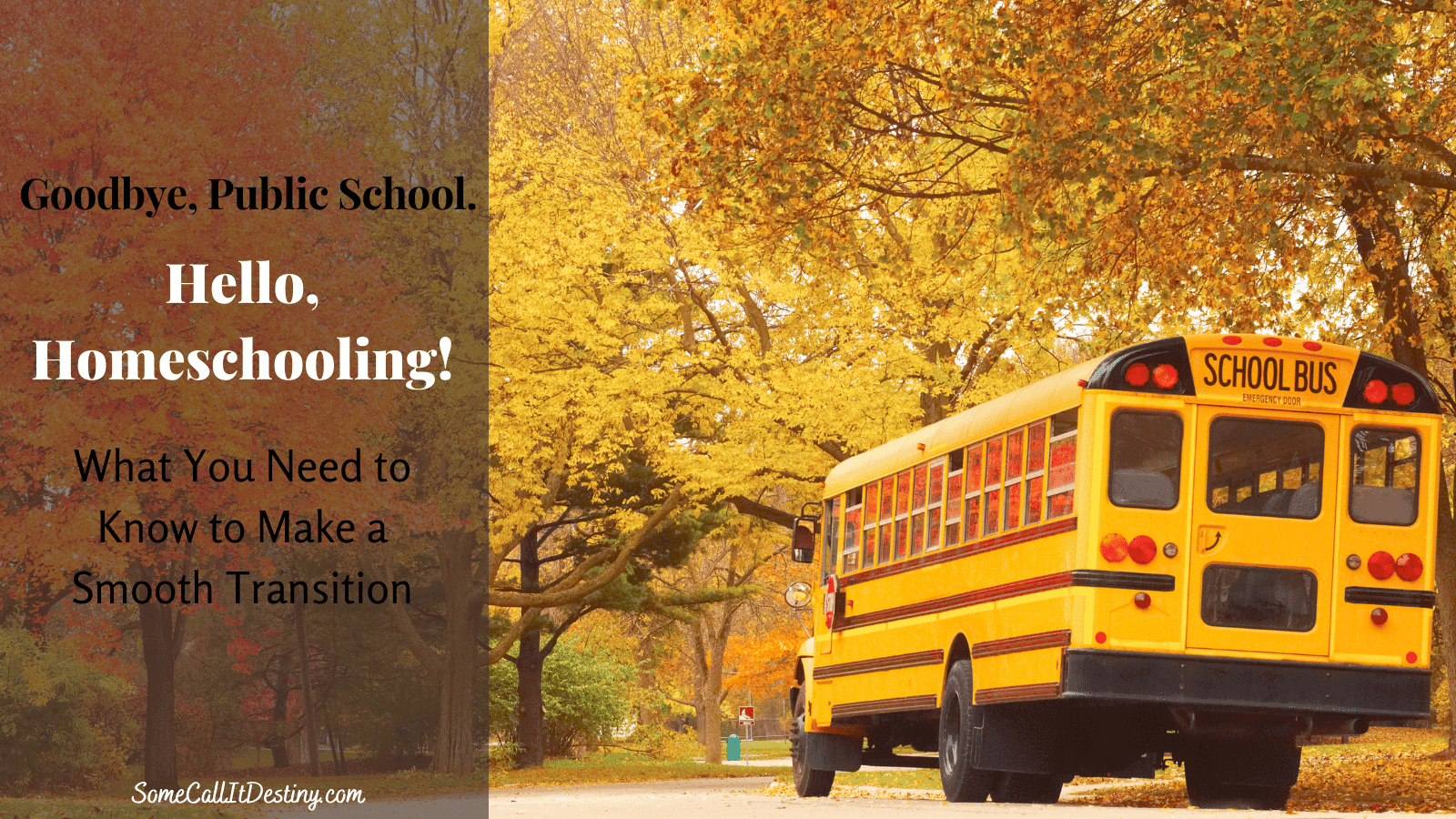

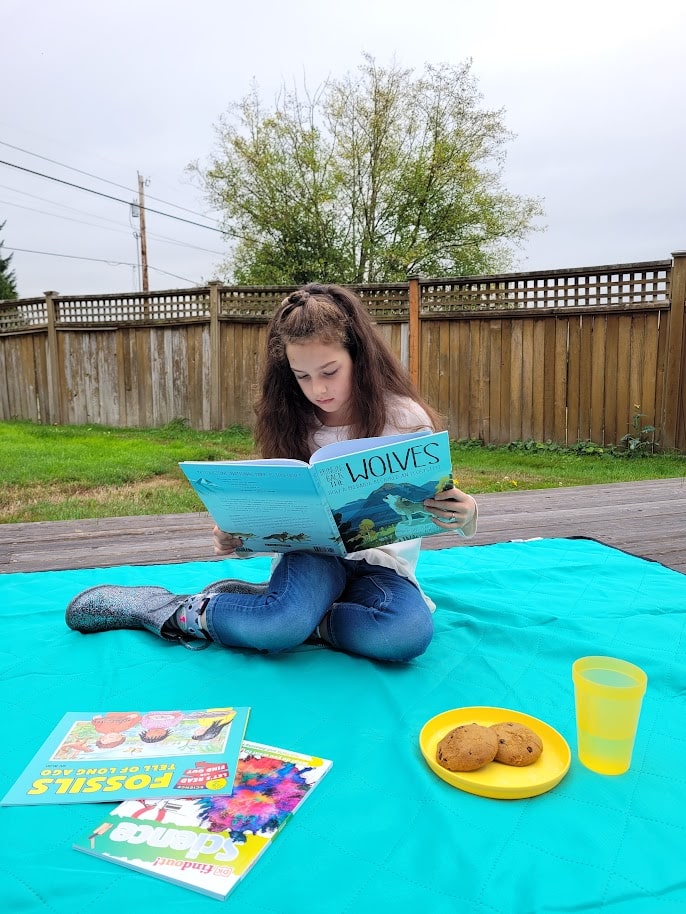
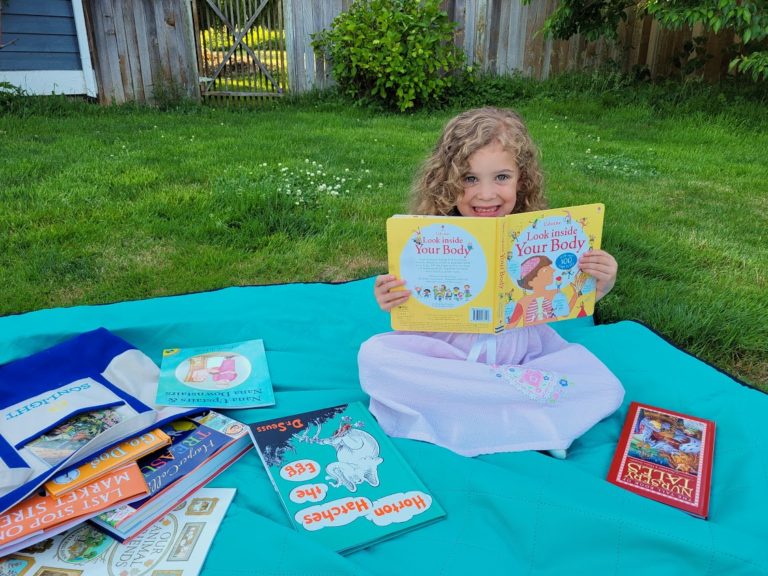


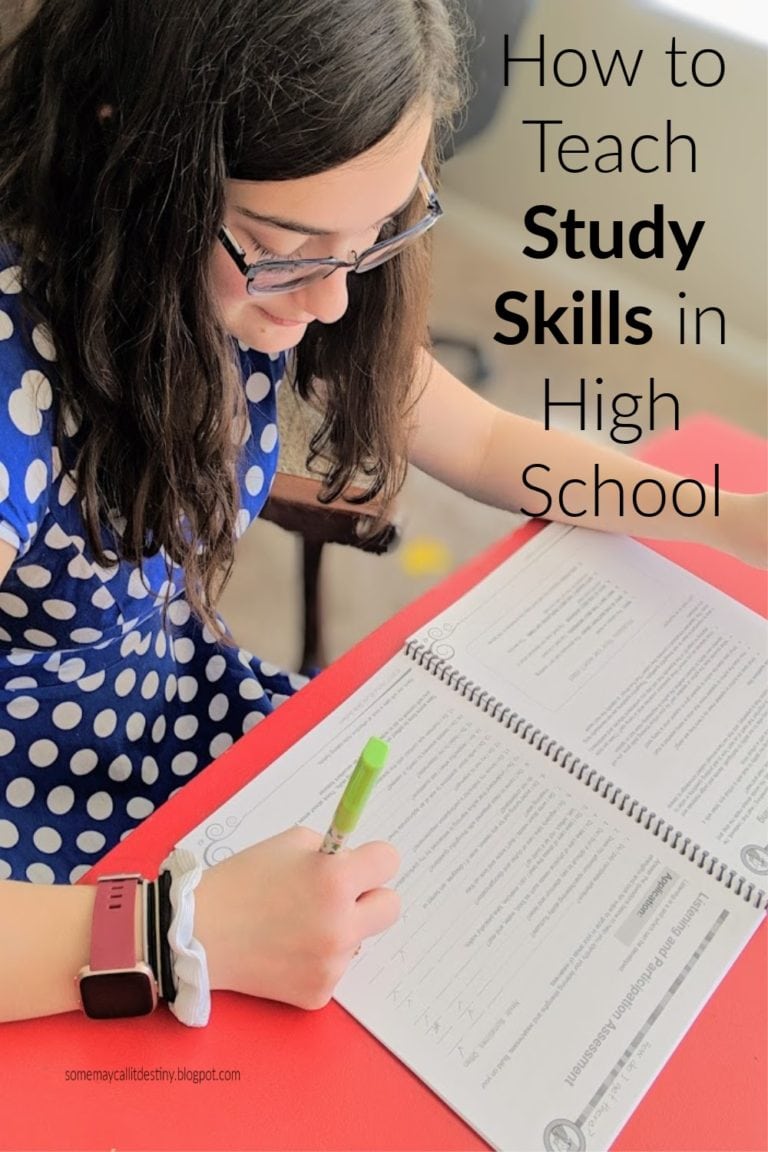
These are great tips!
Very wise advice! Depending on the situation, it can be so important to take a bit of time to deschool.
that was a well written article that will answer many questions for people looking to move out of the public school system. tweeting.
We started homeschooling our teen this year. We didn’t do any deschooling and I don’t think that hurt us at all but I can see where some (if not most) children would need to do this.
As a former teacher, I probably of a different opinion regarding philosophies and the like. But I think that is why homeschooling is great – we can do what works best for our family.